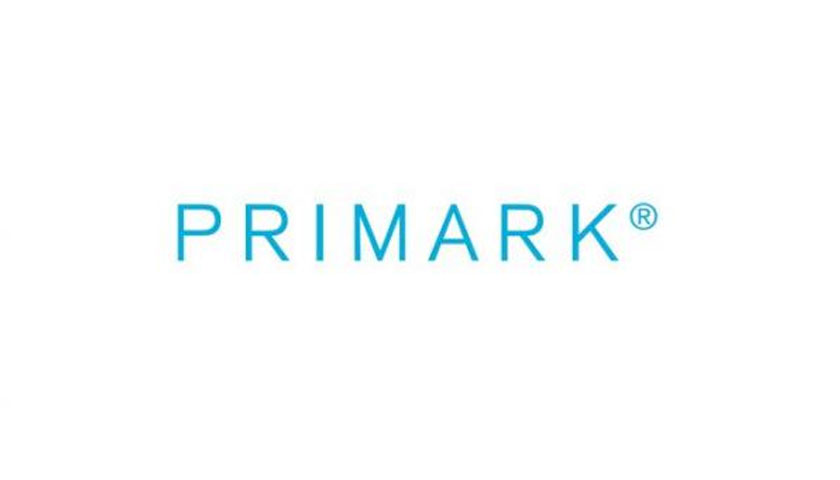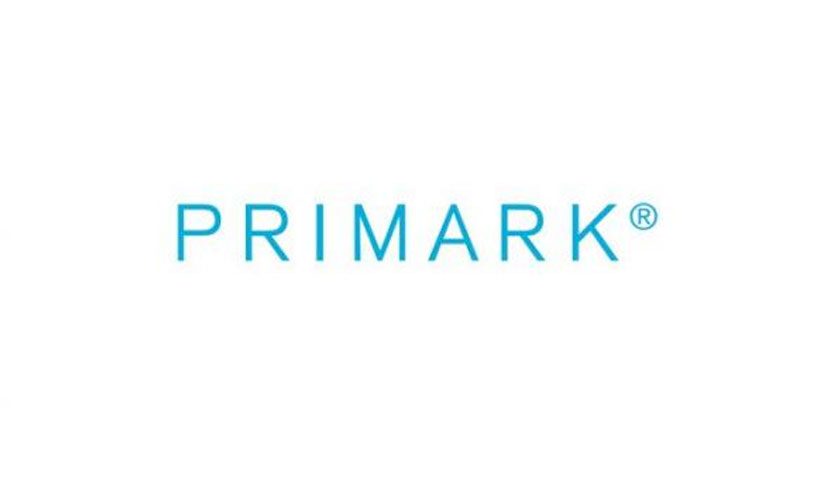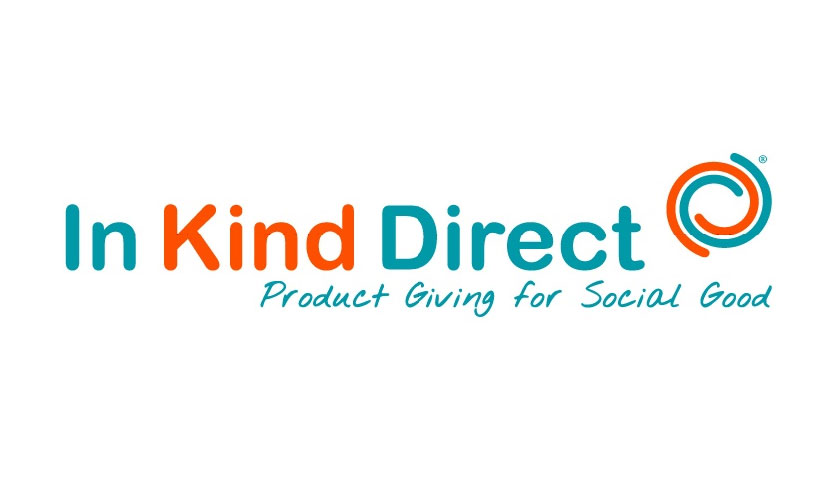Primark has today announced a significant expansion of its Sustainable Cotton Programme, with plans to train more than 160,000 independent cotton farmers in sustainable farming methods across three of its key sourcing countries by the end of 2022. The move increases the number of farmers enrolled in the programme to more than five times the current size. The expansion marks an important part of the retailer’s ongoing commitment to minimising its impact on the environment and bringing more sustainably-sourced cotton to customers at affordable prices.
Cotton is the main natural fibre used to make many Primark products – from pyjamas, t-shirts and jeans, to babygrows, bedding and towels. Cotton is often grown by farmers in rural communities in countries including India, China and Pakistan, where knowledge of environmentally-friendly farming methods is limited. Since 2013, Primark has been working with agricultural experts CottonConnect and local partners to train female farmers in India to use less water and chemicals. By starting at the very beginning of the supply chain, the cotton can be directly traced from cotton field through manufacture to delivery to Primark’s stores. This gives the retailer and its customers complete confidence in the source of the sustainable cotton used, its environmentally friendly credentials, and the positive impact on farmers’ livelihoods.
In a major step forward, the programme has now expanded into China – one of the largest cotton-growing countries in the world and a key sourcing location for Primark. Primark is working with CottonConnect, alongside their implementation partner the Heping Cotton Farmers’ Cooperative, to introduce over 80,000 independent cotton farmers in China to the programme. Additional male and female farmers will also be enrolled onto Primark’s existing programmes in India and Pakistan meaning that, by 2022, more than 160,000 farmers will be equipped with the knowledge and means to grow cotton using more natural farming methods.
Each farmer that goes through the three-year programme is trained on the most appropriate farming techniques for their land, from seed selection, sowing, soil, water, pesticide and pest management, to picking, fibre quality, grading and storage of the harvested cotton. As well as minimising environmental impact, the programme greatly improves the livelihoods’ of the cotton farmers through increased income, achieved by increasing their cotton yields as well as helping to save on input costs including water, chemical fertiliser and pesticide usage. In Pakistan, where the programme launched just last year, those who have completed their first year of training have seen a yield increase of 11.2% and a 12.9% reduction in input costs, resulting in an average profit increase of 26.8%. Many of the farmers have used their increased profits to invest in equipment for their farms, educate their children or improve their housing and lifestyle.
The programme’s expansion comes amidst growing demand from customers for sustainable cotton products at affordable prices. Primark first introduced sustainably sourced cotton from the programme into one of its most popular product lines – women’s pyjamas – under its Primark Cares initiative in 2017. More than 14 million pairs of pyjamas have since been sold, in addition to 3 million pairs of jeans, and six million duvet covers and towels made with sustainable cotton tracked through the programme at no extra cost to the customer. The expansion into China and increased farmer numbers will enable Primark to move one step closer to its long-term ambition of using 100% sustainably sourced cotton across its entire product range.
Alison Ward, CEO at CottonConnect, said:
“We’re delighted to continue our work with Primark as part of this industry-leading programme to train more cotton farmers in sustainable farming methods. Not only are we materially changing the lives of farmers and their families in rural cotton communities, but by working closely with Primark and their supply chain partners we have been able to trace the cotton all the way from the farm into products – a challenging but important step towards increased supply chain transparency. We see huge potential among the farming community in China, and we look forward to working in close collaboration with our local implementation partner the Heping Cotton Farmers’ Cooperative to develop a programme that meets the needs of local cotton farmers.”
Katharine Stewart, Ethical Trade and Environmental Sustainability Director at Primark, said:
“As a leading international retailer, we know that many people rely on us for great quality cotton products at affordable prices. Cotton is one of our most important fibres and, like other retailers, we rely on farmers working in rural communities around the world. Improving the long-term sustainability of how that cotton is grown has therefore been a key priority for some time. What’s particularly exciting for us is that we can be confident our cotton has been grown in an environmentally-friendly way because we’ve been able to track it all the way from farm to store.
“By extending the programme into another major cotton-sourcing country, we’ll be able to offer our customers even more products made using sustainable cotton – all at the Primark prices our customers know and love.”


